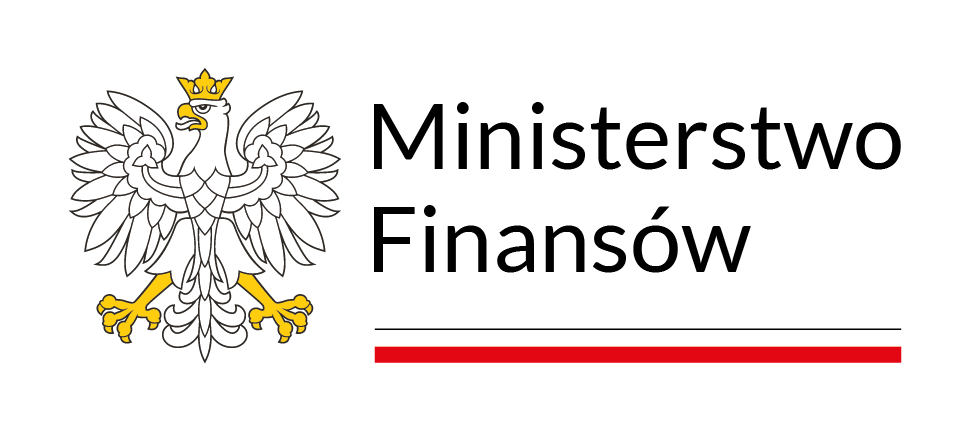No 13-2012, A. Torój: Poland and Slovakia during the crisis - would the euro (non-) adoption matter? -
It is commonly argued that Poland avoided a massive drop in output during the 2008/2009 economic crisis in part thanks to substantial nominal zloty's depreciation against the euro. The Polish case is often contrasted with Slovakia that adopted the euro in January 2009 and, since the Ecofin Council decision in summer 2008, exhibited virtually no nominal exchange rate volatility while facing deep losses in output. In this paper we attempt to validate this contrast by reversing the roles, i.e. checking if Poland really would have faced the same drop - and Slovakia the same boost - if it had been Poland, not Slovakia, that adopted the euro at that point. Our counterfactual simulations based on a New Keynesian DSGE model indicate that, indeed, the Polish tradable output could have been 10-15 percent lower than actually observed in 2009, while the Slovak one -- approximately 20 percent higher. This asymmetry results mainly from structural differences between the two economies, such as size, openness, share of nontradable sector and foreign trade elasticities. The difference of this size would have been short-lived (3-4 quarters), and the difference of the nontradable output would have been of much lower magnitude.
Materiały
MF Working Papers No 13-2012MF_WP_No_13-2012.pdf 0.63MB
- Pierwsza publikacja:
- 20.02.2019 14:59 Paulina Gronek
- Wytwarzający/ Odpowiadający:
- Departament Polityki Makroekonomicznej
| Tytuł | Wersja | Dane zmiany / publikacji |
|---|---|---|
| No 13-2012, A. Torój: Poland and Slovakia during the crisis - would the euro (non-) adoption matter? - | 1.0 | 20.02.2019 14:59 Paulina Gronek |
Aby uzyskać archiwalną wersję należy skontaktować się z Redakcją BIP
